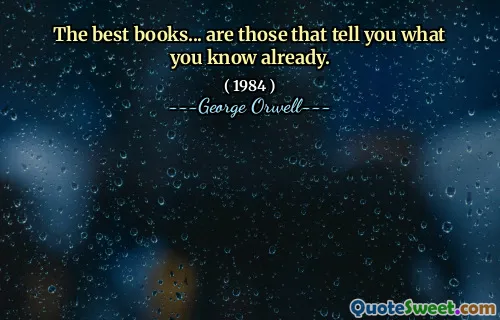![The art of not reading is a very important one. [...] You should remember that he who writes for fools always finds a large public. – A precondition for reading good books is not reading bad ones: For life is short.](https://img.quotesweet.com/quotes/full/the-art-of-not-reading-is-a-very-important-one-y-ou-should-remember.webp)
The art of not reading is a very important one. [...] You should remember that he who writes for fools always finds a large public. – A precondition for reading good books is not reading bad ones: For life is short.
This quote by Arthur Schopenhauer presents an intriguing perspective on reading, encouraging us to be selective about what we consume. At first glance, the phrase "the art of not reading" might seem counterintuitive; after all, reading is often championed as a gateway to knowledge and growth. However, Schopenhauer reminds us that in a world saturated with content—much of it of questionable quality—knowing what not to read is just as crucial as knowing what to read. This restraint preserves our time, attention, and intellectual energy for meaningful literature that truly enriches us.
The idea that "he who writes for fools always finds a large public" is a stark commentary on popular culture and the mass media. It suggests that many writers cater to the lowest common denominator to gain widespread readership, ultimately promoting mediocre or superficial content. Accepting this, Schopenhauer implies that the discerning reader must develop a sort of critical armor to resist the easy allure of such works.
Moreover, the phrase "A precondition for reading good books is not reading bad ones" underlines the importance of discernment—not just what knowledge to seek but also which noise to filter out. Given life's brevity, Schopenhauer encourages us to invest our limited time into books that offer substantive value rather than frivolous or misleading narratives.
In essence, this quote challenges readers to cultivate not only an appetite for learning but also the wisdom to avoid distractions. It's a powerful reminder that intellectual growth demands focused engagement and selective consumption—a practice invaluable in the age of information overload.











